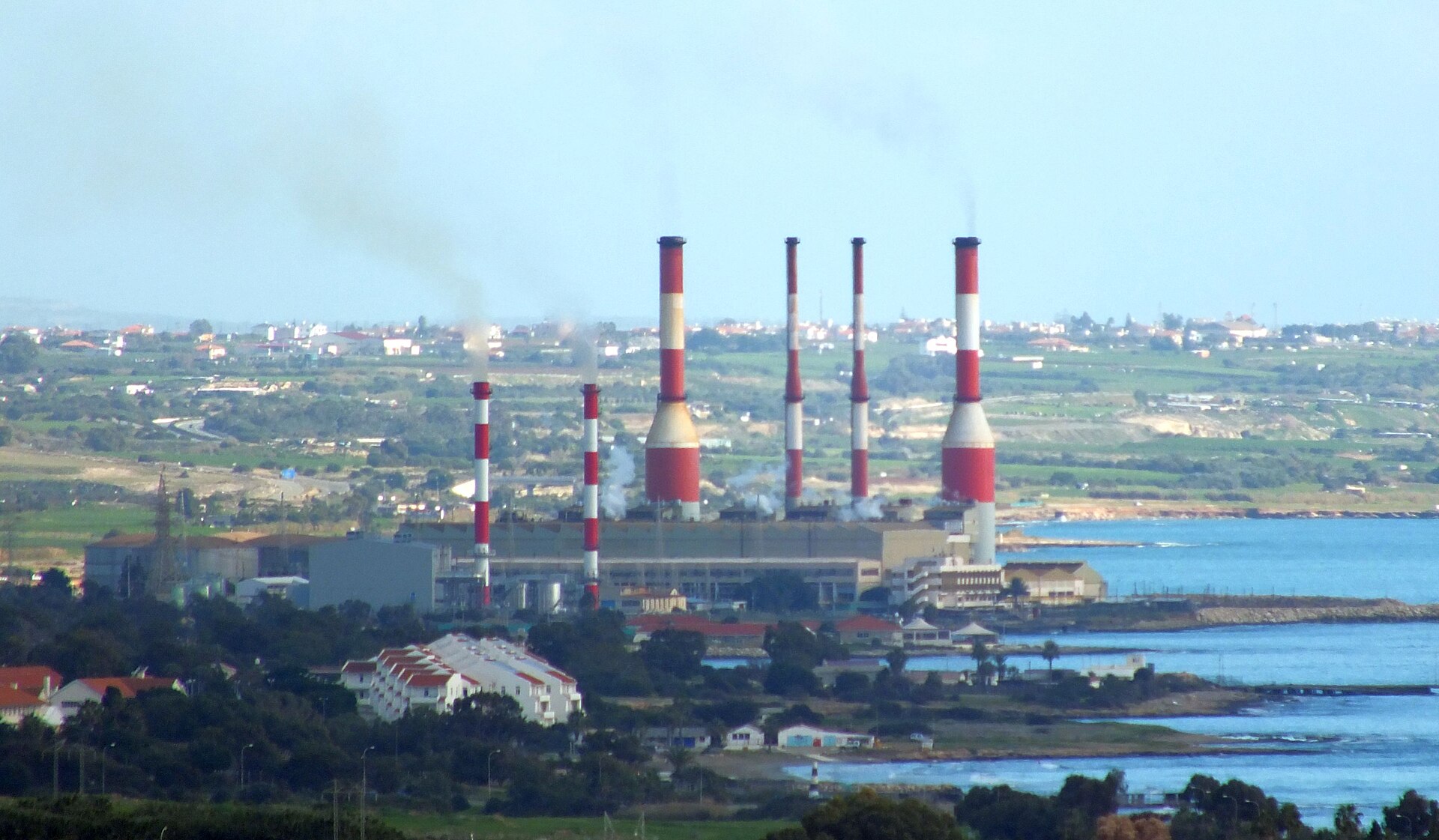Electricity Authority (EAC) unions on Tuesday called on the board to “rise to the occasion and meet their obligations” over implementing decisions to solve energy sector problems, pointing out that neither the state nor the EAC have understood the severity of the situation.
The situation “does not allow for jokes about the adequacy of electricity and security of supply”, the unions said, referring to remarks last month by Energy Minister George Papanastasiou, who wondered what he was expected to do.
“We gave the green light. Proceed with the upgrade. From the day we gave the green light, I have been asking the EAC to complete it. And then, that’s the state’s fault? What do you want me to do? Go to Dhekelia with a screw and do the work myself?”, Papanastasiou had said on July 12.
Following the remarks, the trade unions held a meeting with the EAC board on July 22 and raised the problems affecting the energy sector, warning of possible power cuts.
“The unilateral attribution of responsibility to the EAC by the minister for the serious and unacceptable delay in implementing the Dhekelia power plant upgrade and his mocking approach about the ‘screw’ demonstrates that both the ministry and the state, as well as the EAC, have not understood the severity of and tragedy of the situation, which does not allow for jokes about the adequacy and security of supply,” the unions said.
The employees said they had given more time for a solution to be found. “The whole situation is no longer acceptable and we will not remain indifferent to this,” they said.
They added that “the current cost of electricity and cutting off household photovoltaics was also not acceptable.”
The unions pointed out that delays in upgrading the power plant at Dhekelia will lead to the renting of temporary units “at a huge cost to the consumer”.
The energy ministry “bears enormous responsibility for the failure to complete the project at Dhekelia power plant” as it failed to support the issue before the EU, where the state “admitted to super-profits […] and the cost for the upgrade would be borne only by the EAC consumers,” the unions said.
“This is completely unfair, since they themselves can only supply their customers with electricity for specific hours and when weather conditions allow, and most of the time they supply them with electricity produced by the EAC. An injustice that they pursue, since by maintaining the outdated Dhekelia station, their super-profits increase,” the unions added.
Describing announcements about bringing natural gas and the Great Sea Interconnector as a “short circuit”, the unions said these had seriously impacted infrastructure projects and forced the EAC to make “costly idle investments”.
They added that a single point of electricity generation was being promoted, in essence “putting all their eggs in one basket”.
“It would appear that the disaster in Mari taught us nothing.”
The blast at Mari occurred in the early hours of July 11, 2011, at the naval base, killing seven sailors and six firemen.
The explosion was caused by munitions haphazardly stored in 98 containers at the Evangelos Florakis naval base in Mari for more than two years.
The munitions had been confiscated in 2009 from a Cyprus-flagged ship en route to Syria and were then stacked in an open space at the base and left exposed to the elements until the day of the explosion, despite repeated warnings about the risks.






Click here to change your cookie preferences